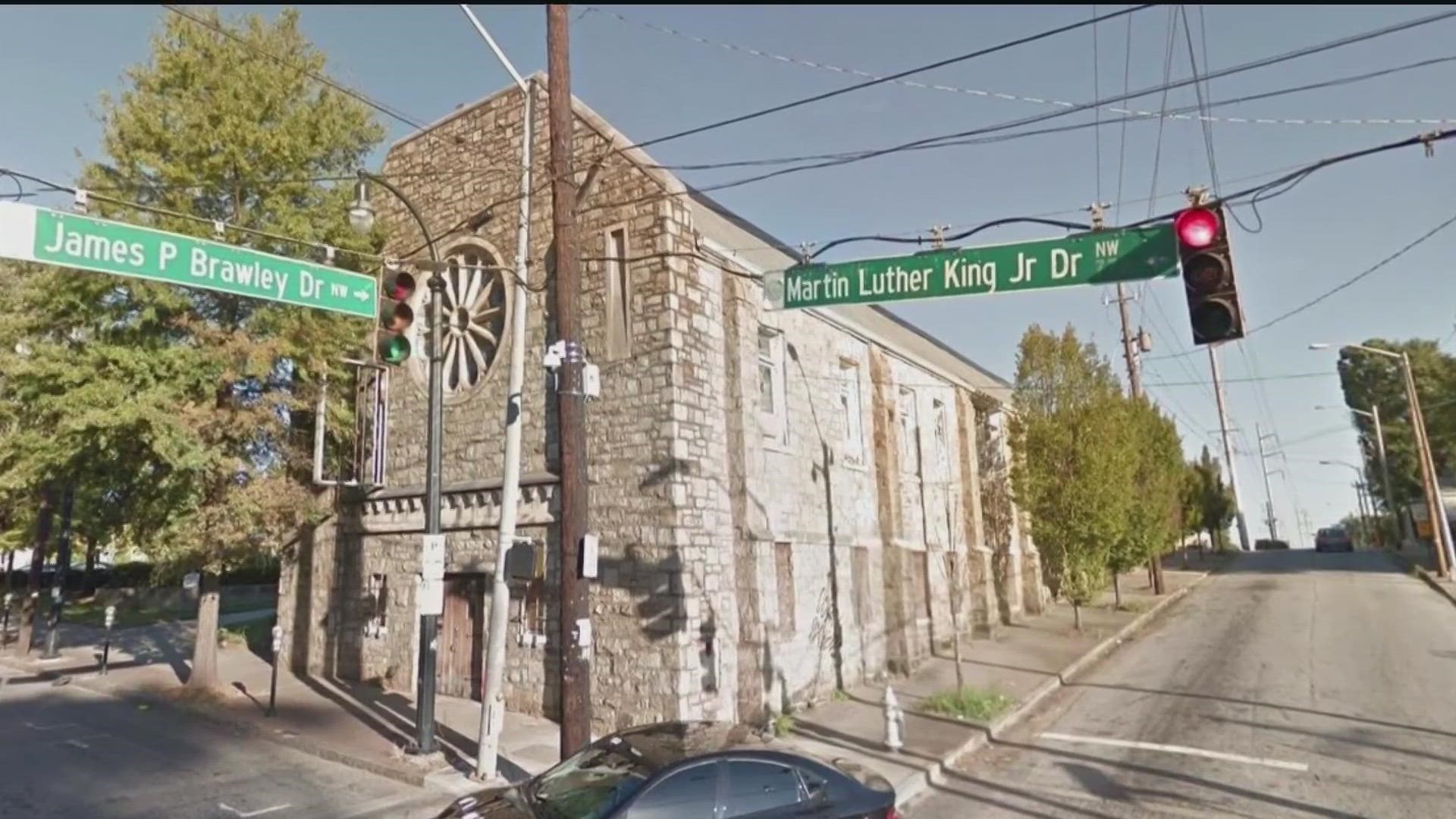ATLANTA — Many cities nationwide commemorated Dr. Martin Luther King, Jr.’s legacy by celebrating his contributions to the Civil Rights Movement. One way he’s been honored is through the many roads and streets named after him.
The first street named after Dr. King was in Chicago in 1968. Now, researchers have mapped out more than 1,000 roads named after MLK worldwide, according to National Geographic.
Atlanta activist Scotty Smart said he loves to see so many streets named after Atlanta’s favorite son.
“It allows you to take what’s possible and allows you to have the strategic ability to create change in your community,” Smart said. “A lot of times, you put a street name there, but what work is really being done after the street name?”
Where the streets are named
A recent study in GeoJournal found most neighborhoods around MLK streets are in majority marginalized communities with poverty rates almost double the national average.
Financial expert Ash Cash is a renowned financial educator who focuses on financial literacy and wealth building. He called the visual landscape of MLK streets a contradiction that doesn’t reflect Dr. King’s legacy.
“When you look at a lot of these roads, or these neighborhoods that are named after him, it's the total opposite of what he would want," Cash said. "I think there’s almost a contradiction in how the roads are named after him, but when you go to those specific places, it doesn’t reflect the dream."
There are two layers to the conversation: the need to address poverty and the need to address gentrification.
Living up to MLK's dream
The 7-mile-long MLK corridor in Atlanta received $33 million dollars in revitalization efforts, which gave the pathway bike lanes, parks and better infrastructure. In the midst of revitalization, there's also the reality that the neighborhoods along MLK Drive experience.
According to research, Atlanta is the worst city for income inequality. The median household income for a Black family in Atlanta is about $28,000, compared to around $83,000 for a white family, according to recent research from the Atlanta Wealth Building Initiative.
In the westside community, where the MLK Drive runs through, 43% of households live below the poverty line, and only 8% of households own their own homes, according to the Westside Future Fund.
Smart fears the same disenfranchisement that Dr. King protested against is visible throughout this city and the streets that bear his name. He said it's a marathon to preserve what the name stands for.
“We can’t keep thinking there’s going to be a microwave overnight solution," Smart said. "We have to understand the longevity of the fight that we’re in. And we’re fighting against systemic oppression. And we must first understand how the system works."

